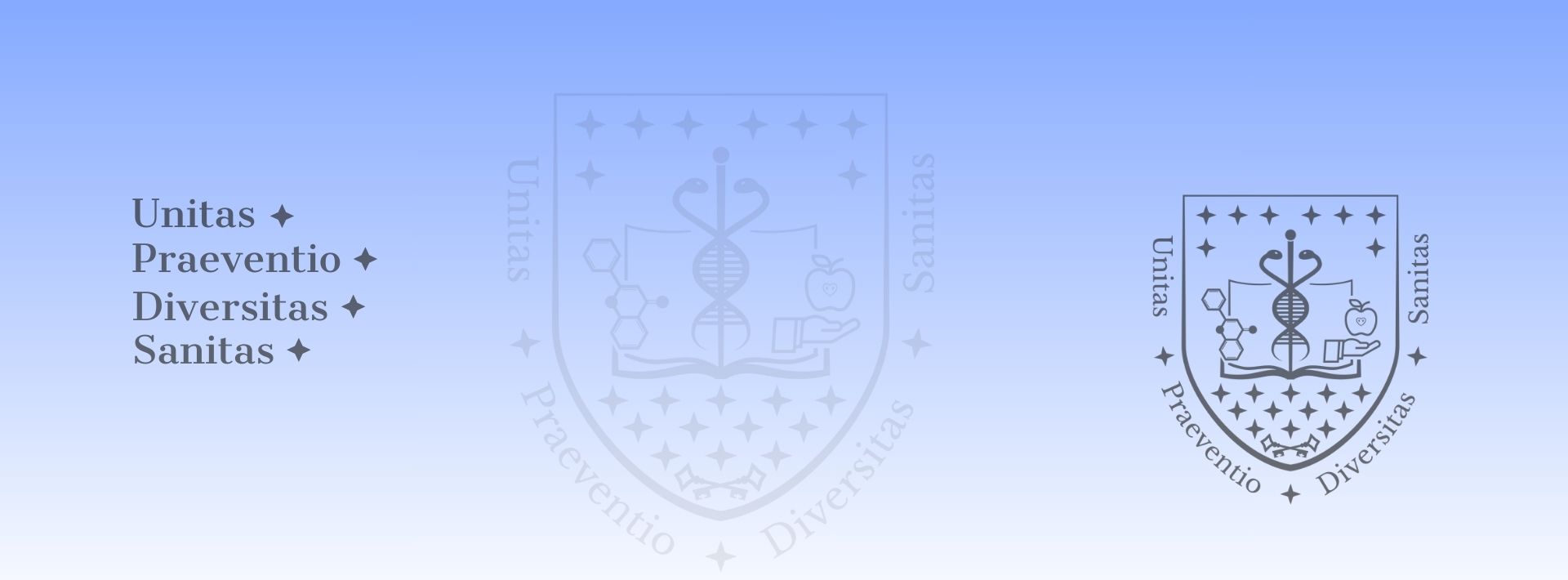Daten
Offizielle Daten in der Fachveröffentlichung für das folgende akademische Jahr: 2024-2025
Lehrbeauftragte/r
-
Kiss Zsuzsanna (Orsós Zsuzsanna)
assistant professor,
Department of Public Health Medicine -
Semesterwochenstunden
Vorlesungen: 24
Praktika: 0
Seminare: 0
Insgesamt: 24
Fachangaben
- Kode des Kurses: OSF-ROE-T
- 2 kredit
- Dentistry
- Optional modul
- both
keine
Zahl der Kursteilnehmer für den Kurs:
min. 5 – max. 20
Erreichbar als Campus-Kurs für . Campus-karok: BTK ETK
Thematik
European ethnic minorities like Roma and in particular, women, children and elderly are exposed to a range of specific health-related problems and often lack access to sufficient health care services.
Significant gap exists between these minority communities and the majority populations.
Their life expectancy is considerably below of the national averages. In Slovakia, for instance, the life expectancy of Roma women is 17 years less than for the majority of the population; for men, it is 13 years less.
In addition to physical health problems, there is insufficient awareness of health issues (both physical and mental), underdeveloped health literacy among the Roma, with preventive care or behaviour often completely ignored and health education/ health promotion non-existent. All these are challenging seriously the entire society including the health care providers with a special emphasize, how to close the existing serious gap. This is why in the focus of WHO health strategy of this decade is tackling health inequalities. Acting successfully in this field-beside the humanitarian obligation-there is a need for new, special knowledge and skills like cultural competence in the health care, community level health promotion in multicultural environment.
Vorlesungen
- 1. The Roma ethnic minority in the European Union - related EU health policy. - Kiss Zsuzsanna (Orsós Zsuzsanna)
- 2. The Roma ethnic minority in the European Union - related EU health policy. - Kiss Zsuzsanna (Orsós Zsuzsanna)
- 3. Origin and history of the Roma. Identification of Roma/Gypsy people and its difficulties. Demographic characteristics of the Roma populations. Selection of project work topics for students. - Kiss Zsuzsanna (Orsós Zsuzsanna)
- 4. Origin and history of the Roma. Identification of Roma/Gypsy people and its difficulties. Demographic characteristics of the Roma populations. Selection of project work topics for students. - Kiss Zsuzsanna (Orsós Zsuzsanna)
- 5. Health characteristics of Roma communities in comparison to the majority society. Health inequalities. - Kiss Zsuzsanna (Orsós Zsuzsanna)
- 6. Health characteristics of Roma communities in comparison to the majority society. Health inequalities. - Kiss Zsuzsanna (Orsós Zsuzsanna)
- 7. Health determinants 1. Role of genetic factors on the health status of minorities. - Kiss Zsuzsanna (Orsós Zsuzsanna)
- 8. Health determinants 1. Role of genetic factors on the health status of minorities. - Kiss Zsuzsanna (Orsós Zsuzsanna)
- 9. Health determinants 2. Role of environmental and lifestyle factors on the health status of minorities. Health status of people living in segregated areas. - Marek Erika Mária
- 10. Health determinants 2. Role of environmental and lifestyle factors on the health status of minorities. Health status of people living in segregated areas. - Marek Erika Mária
- 11. Social determinants of health (SDH), tackling health inequalities with a special focus on the Roma ethnic minority. - Marek Erika Mária
- 12. Social determinants of health (SDH), tackling health inequalities with a special focus on the Roma ethnic minority. - Marek Erika Mária
- 13. Health culture of Roma communities, the importance of the cultural anthropological approach in health promotion interventions, intercultural mediation. - Marek Erika Mária
- 14. Health culture of Roma communities, the importance of the cultural anthropological approach in health promotion interventions, intercultural mediation. - Marek Erika Mária
- 15. Prejudice and discrimination in healthcare: their effects on Roma patient’s health and ways of prevention. - Marek Erika Mária
- 16. Prejudice and discrimination in healthcare: their effects on Roma patient’s health and ways of prevention. - Marek Erika Mária
- 17. Influencing factors of therapeutic cooperation in Roma communities and their effects on health inequalities. - Katz Zoltán
- 18. Influencing factors of therapeutic cooperation in Roma communities and their effects on health inequalities. - Katz Zoltán
- 19. Health promotion and health education in Roma communities. - Kiss Zsuzsanna (Orsós Zsuzsanna)
- 20. Health promotion and health education in Roma communities. - Kiss Zsuzsanna (Orsós Zsuzsanna)
- 21.
Health needs and aspects of healthcare provision for some selected ethnic minorities in the EU.
- Jaksa Csaba - 22.
Health needs and aspects of healthcare provision for some selected ethnic minorities in the EU.
- Jaksa Csaba - 23.
Students’ project work presentation. Exam, written test, assessment.
- Kiss Zsuzsanna (Orsós Zsuzsanna) - 24.
Students’ project work presentation. Exam, written test, assessment.
- Kiss Zsuzsanna (Orsós Zsuzsanna)
Praktika
Seminare
Materialien zum Aneignen des Lehrstoffes
Obligatorische Literatur
Vom Institut veröffentlichter Lehrstoff
Baráth Árpád, Agnieszka Gajewska, Ailsa Jones, Slavomira Macakova, Florin Moisa, Martina Ondrusová and Szilárd István: Building Healthy Roma Communities (in Hungarian-English) IOM 2007
Marie Dauvrin: Cultural Competence in Health Care: Challenging Inequalities, Involving Institutions Institute of Health and Society 2013
Skript
Empfohlene Literatur
Voraussetzung zum Absolvieren des Semesters
Active participation at lectures (85% at least), and successful completition of the final written test.
Semesteranforderungen
To complete the course, students must prepare and present an independent project during the course and pass a written test with a minimum of 60%. The grade will be based on these 2 sub-tasks.
Möglichkeiten zur Nachholung der Fehlzeiten
Based on individual consultation with the lecturer.
Prüfungsfragen
The exam will be based on the lectures and the recommended readings.
